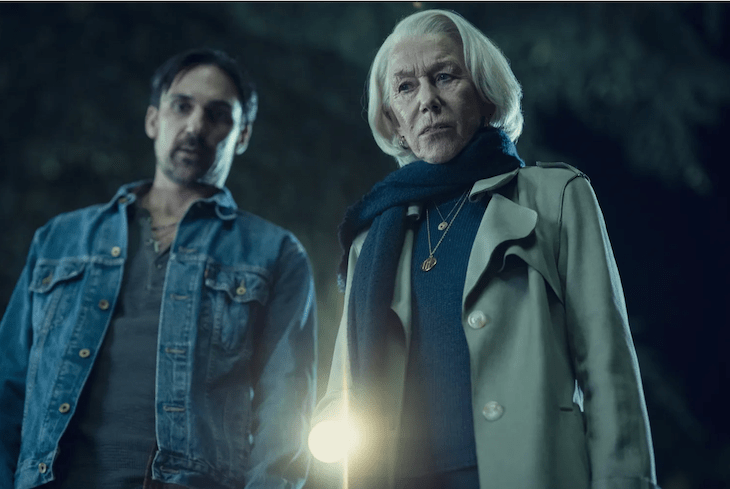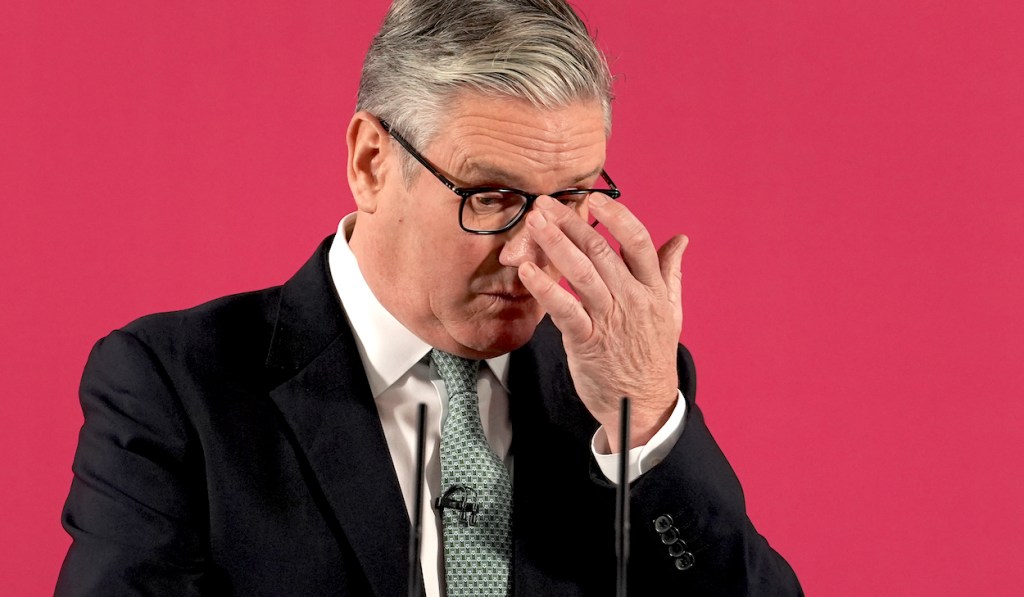Netflix’s film of The Thursday Murder Club has all the makings of a British export hit: a cosy crime plot, a cast of national treasures, a backdrop steeped in English eccentricity. And then comes Bogdan Jankowski, a Polish labourer with a confiscated passport – a character who could have been lifted straight from a tabloid cartoon.
The Pole has too often been cast as brute, victim or buffoon
It is hardly a new trope. Since the post-war years, the Pole has too often been cast as brute, victim or buffoon. Tennessee Williams’s Stanley Kowalski set the mould in A Streetcar Named Desire: sweaty, violent, his foreignness exaggerated for the audience’s unease. British culture has not resisted the temptation. Guy Ritchie presented Polish heavies in RocknRolla. Peep Show turned the Polish builder into a running gag about cheap labour. Even soap operas and sketch shows have reached reflexively for the same shorthand.
The clichés jar not simply because they offend but because they are lazy. They reduce one of modern Britain’s most striking success stories to a tired joke. Nearly a million Poles live in the UK, the largest community from continental Europe. Polish is the second most spoken language in England and Wales. Their presence is not exotic but ordinary: in schools, hospitals, businesses, on building sites and in universities.
Walk through any British city and you will see it. There are Polish bookshops, cafés, bakeries and law firms – dozens of them, part of everyday life. In the NHS, Polish doctors and nurses are part of the backbone; in universities, Polish students and lecturers are no less visible. This is not marginal colour but mainstream life.
Bogdan’s arc drives the point home. He is taken in by the elderly English sleuths almost as a mascot – the handy foreigner who does their odd jobs and builds what they need, treated at times less as a friend than as a pet to be indulged. The film presents him this way, and the novel does little to challenge the same caricature. And then comes the final turn: he confesses to killing Tony Curran, insisting it was an accident. His motive is not greed but the desperate wish to recover his confiscated passport and return to Poland to see his dying mother. A universal tragedy is reduced to a cliché: the hapless foreigner, trapped, dependent and finally criminal. It is a patronising, humiliating treatment of a character who could have been written with dignity.
And yet, too often, the screen chooses caricature. A Pole appears, and the audience knows the script: he is either comic relief, a menacing thug, or the poor migrant with dodgy papers. It is a strange blindness in a country that once celebrated Polish pilots in the Battle of Britain. The descendants of those wartime émigrés, and the post-2004 arrivals who joined them, deserve to be portrayed as more than props.
The persistence of cliché says more about Britain than about Poland. Migration is always an awkward mirror, reflecting both hospitality and insecurity. Britain likes to think of itself as tolerant and fair. Yet the moment a scriptwriter needs a bit of roughness, or a cheap joke about foreign labour, the Pole appears. No wonder many Poles feel they are seen but not recognised.
Of course, no community has a right to be shown only in flattering light. But repetition matters. When the same caricature is served up decade after decade, it shapes assumptions. It suggests that Polish migration is still a novelty, rather than a settled fact of British life.
There is, too, an artistic poverty in cliché. Imagine if the next screen Pole were a GP in Birmingham, a tech entrepreneur in Leeds, a novelist in Edinburgh. Such characters exist in real life in their thousands. They are British stories too – fresher, truer, and infinitely more interesting than another “dodgy builder” with a funny accent.
The irony is that Britain itself is changing fast. The 2021 census showed how multilingual and multicultural the country has become. Poles are part of that fabric now, as Irish, Italians and West Indians were in earlier generations. Britain is perfectly capable of weaving such strands into its culture. What it lacks, sometimes, is the imagination.
The challenge to British writers and directors is simple. Stop reaching for the shortcut. Stop casting Poles as Dickensian victims or comic props. See them instead as what they are: neighbours, colleagues, fellow citizens. That would not only reflect Britain’s own values of fairness but make for better art.
Stereotypes are easy. Real life is harder – and more rewarding. It’s time British culture caught up. And if it can’t, perhaps it isn’t the Poles who are stuck in the past, but Britain’s scriptwriters.







Comments